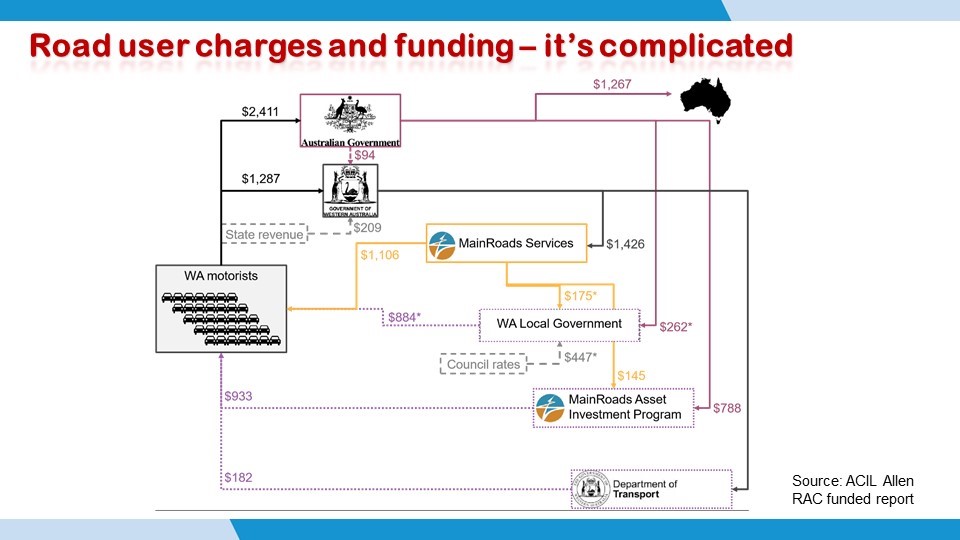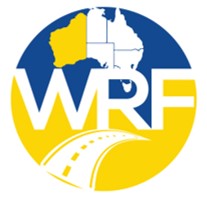The Freight and Logistics event held on the 18 Sep 18 at Perth Convention Centre was a great success. It was standing room only for the opening sessions which is always a nice sign.
However one thing stood out for me above all else and that was to see nearly every single sector of the WA transport industry represented in the room at once.
Groups or people that represented the forestry industry transport, farmers transport, sand and gravel, brick carriers, couriers, cranes and mobile plant, DG and fuel, oversize overmass (OSOM), bulk haulage, ports, construction, waste collection or removalists, through to Livestock and Rural Transporters WA (LRTAWA) and industry safety (TransafeWA).
The point being that regardless of what sector of the transport industry you are in, everyone uses WA roads for commercial gain. As such we have a common and united interest in improved productivity and safety through greater access, investment and recognition of the critical importance of roads and the commercial operators who use them make to the Western Australian economy.
Combined our industry represents one of the largest industry sectors of the WA economy
That has always been the focus of what Western Roads Federation is about. How can we bring the industry together where we have common issues, whilst encouraging companies to join with their respective sector associations or groups?
For example, take the couriers, cranes, removalists, retail delivery and waste transport. Each is a specialist sector that benefits tremendously by having their own association. However each of them have common problems with city access, time curfews, growing urban planning issues even community resentment to what they do.
That is what Western Roads is about – how do we bring all of those groups together to give them power to get results.
And that is what we are also doing with Rural and Regional transport issues too.
So back to the Freight and Logistic Event – the focus was on how do we address common issues effecting productivity in the industry?
Craig Smith-Gander (Chair of WRF) outlined the proposal to develop an industry training college attached to WA TAFE.
The college would form part of a total strategy to attract, train and upskill drivers and other skilled staff. A working group is being formed with invitations being given to other associations and WRF members to participate.
Kellie Houlahan – Executive Officer of the WA Freight and Logistics Council detailed the importance of the industry winning and maintaining a social licence to operate. And how the FLC is progressing on the development of a campaign. This is initiated significant discussion.
Dr Brett Hughes Executive Director | Transport Strategy and Reform | Department of Transport gave a great insight and explanation of the complexity of road funding and future trends. Whilst complex the importance of the industry understanding it and getting involved in discussions was emphasized by the MC.
Michael Buba Main Roads WA Manager Heavy Vehicle Transport Compliance and Paul Simionato – NHVR’s Operations Manager, Regulatory Compliance and Legal discussed how regulatory enforcement can help road productivity and safety. A robust conversation was held, however SARTA Executive Officer Steve Shearer did alleviate cross border operator concerns when pointing out that in SA the compliance strategy adopted by NHVR had improved roadside enforcement.
Audience Discussion provided multiple examples of how road productivity directly impacts jobs and growth in the WA economy. Examples included:
- Manufacturing jobs being lost to China if simple road access issues were not addressed,
- How rates and other costs could rise in the city unless access and constraints were not addressed
- How WA horticultural sector is losing market opportunities in the east due to road access choke points
- And how access to Fremantle Harbour could be solved by developing a joint road and rail solution rather than a single transport mode policy.
Finally attendees were given examples of how the industry can move from a follower to a leader in forming policy outcomes by:
- putting forward solutions rather than problems
- developing solutions in consultation with a wider audience including the business and academic communities.
- And how the industry should think big and put forward a state wide policy agenda before the next federal election.
We are moving forward rapidly with the ideas that came out of the event. With a number of major announcements and working groups being organised.
BIG thanks to Karen from WA Transport Magazine for her support of the event.
We might disagree on different things but the greatest strength of the WA transport industry is its ability to unite. We need to work on that unity especially as we face growing threats to that unity from the East. The don’t like it and they don’t want it.

